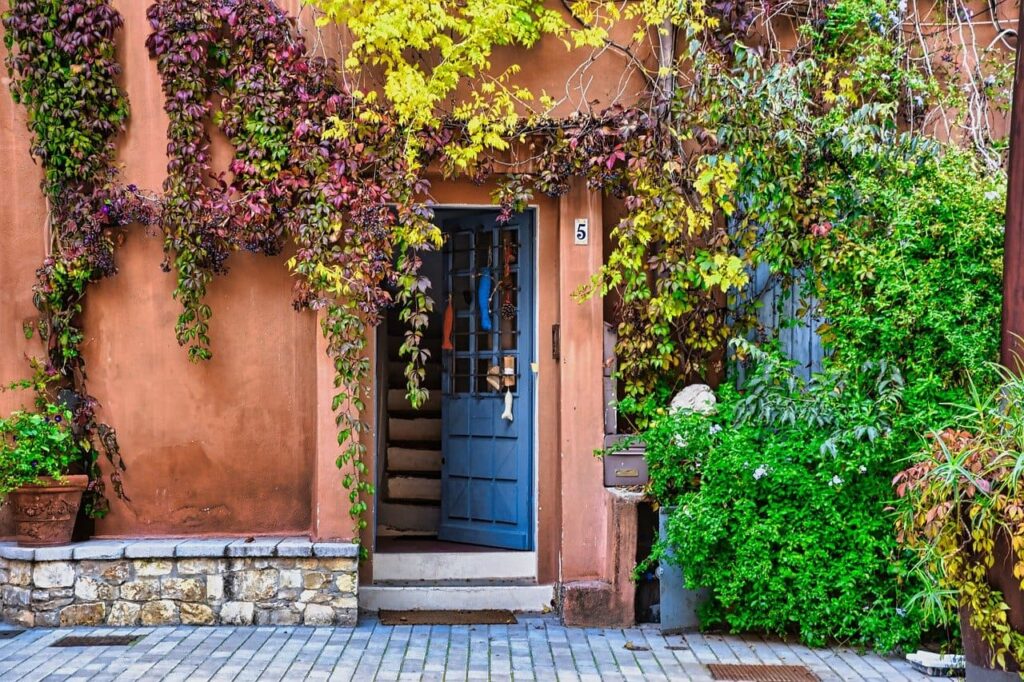Renting a house in Italy can be an exciting and rewarding experience, whether you’re moving for work, study, or simply to immerse yourself in the Italian lifestyle. As an expat, navigating the rental market may seem daunting at first, but with the right information and preparation, you can find your dream home in Italy. This comprehensive guide will cover everything you need to know about renting a house in Italy, from finding available properties to understanding your contract and estimating costs.
Where to Look for Rental Homes in Italy
There are several channels you can use to search for rental homes in Italy:
1. Real Estate Agencies
Real estate agencies are common in most towns and cities throughout Italy. While they may charge a fee (usually equivalent to one or two months’ rent), they can provide a wide range of listings and assistance throughout the rental process.
2. Online Platforms
Websites like Immobiliare.it, Casa.it, and Subito.it offer a vast selection of rental listings across Italy. You can search by location, price range, and property type to find the perfect home for your needs.
3. Local Newspapers
Classified ads in local newspapers can sometimes feature rental listings, especially in smaller towns and cities.
4. Word of Mouth
Networking with other expats or locals can lead to hidden gems and off-market rental opportunities.
5. Exploring Neighborhoods
Keep an eye out for “For Rent” signs while exploring neighborhoods you’re interested in living in. This traditional method can sometimes yield great results.
Types of Rental Contracts in Italy
There are several types of rental contracts in Italy, each with its own terms and conditions:
- Free Market Contracts (Contratti di Libero Mercato): These contracts offer flexibility, with rent prices determined by the market. They can be negotiated between the landlord and tenant.
- Transitional Contracts (Contratti Transitori): Valid for up to 18 months, these short-term contracts are suitable for temporary housing needs.
- Assisted Negotiated Contracts (Contratti Concordati): These contracts are negotiated between landlords and tenants’ associations, offering more affordable rent prices.
- Student Rental Contracts (Contratti per Studenti Universitari): Specifically designed for students renting near universities, these contracts offer reduced rent and shorter terms.
- Furnished Rental Contracts (Contratti di Locazione a Canone Libero con Mobili): These contracts are for furnished properties and can be negotiated more freely between landlords and tenants.
Rental Costs in Italy
When budgeting for a rental home in Italy, keep in mind the following costs:
- Monthly Rent: Prices vary depending on location, property size, and type of contract.
- Security Deposit: Usually equivalent to one to three months’ rent, this deposit is refundable at the end of the lease.
- Utility Costs: Electricity, gas, water, garbage collection, and internet are typically paid by the tenant.
- Condominium Fees: These cover maintenance and common areas of the building.
Documents Needed for Renting in Italy
To rent a house in Italy, you’ll need to provide the following documents:
- Proof of Identification: A valid passport or ID card for all occupants.
- Codice Fiscale: The Italian tax identification number for each occupant.
- Proof of Income: Pay slips, tax returns, or an employment contract to demonstrate your ability to pay rent.
- Proof of Legal Residence: For non-EU citizens, a valid visa or residence permit is required.
Tips for Renting in Italy
- Start Your Search Early: Rental properties can go quickly, especially in popular areas.
- Be Prepared to Act Fast: Have your documents ready and be ready to make a decision if you find the right property.
- Negotiate: Don’t hesitate to negotiate terms, such as rent price or pet policies, with the landlord.
- Get Everything in Writing: Ensure that all agreements are included in the rental contract.
- Learn About Your Rights: Familiarize yourself with Italian tenancy laws to protect your interests.
Renting a house in Italy can be a rewarding experience, allowing you to immerse yourself in the country’s culture and lifestyle. By understanding the rental market, contract types, and costs, you can find the perfect home to suit your needs and budget. Happy house hunting! This version maintains the essential information while improving clarity and readability. Let me know if you need any further adjustments!
